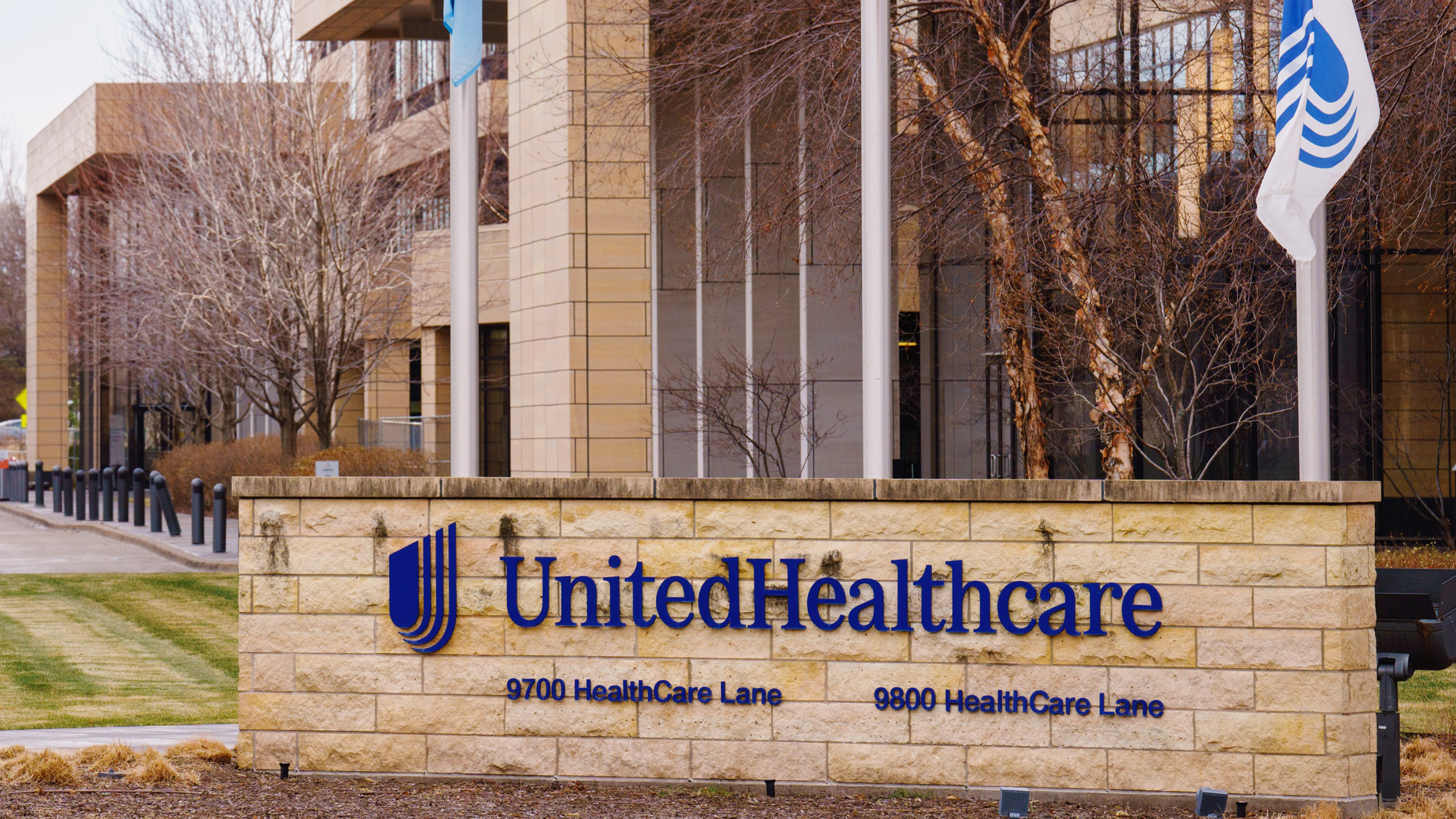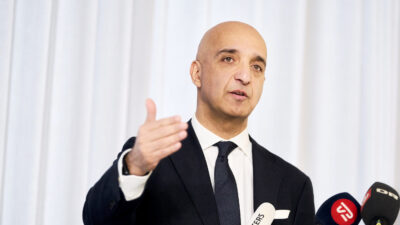UnitedHealth CEO Replaced by Predecessor as Stock Plummets
UnitedHealth Group has called in its CEO to deal with a Medicare Advantage program that’s crunching margins.
Sign up for smart news, insights, and analysis on the biggest financial stories of the day.
Meet the new boss, same as the old boss.
UnitedHealth Group announced Tuesday that CEO Andrew Witty, who apologized on a conference call for the company’s recent performance, is stepping down for “personal reasons.” He’ll be replaced by chairman Stephen Hemsley, the former longtime CEO who turned the country’s largest health insurer into a financial juggernaut and is now in charge of a laundry list of struggles.
Medicare Disadvantage
Last month, UnitedHealth reported its first quarterly earnings miss since the 2008 financial crisis and slashed its 2025 profit forecast to $26 to $26.50 a share, down from a previous range of $29.50 to $30. In the subsequent weeks, the company’s stock price fell over a third, wiping away $190 billion in market value.
In a dramatic escalation Tuesday, UnitedHealth pulled its downgraded forecast altogether, placing the lion’s share of the blame on Medicare Advantage. The federal program pays private health insurers to provide Medicare-covered benefits to seniors and people with disabilities, and UnitedHealth is its biggest player. According to a KFF analysis, the company accounted for 29% of enrollees, or roughly 8 million people, last year.
The catch is that Medicare Advantage pays private insurers a flat fee per enrollee, and UnitedHealth said last month that care use by its enrollees increased by more than double the amount expected in the previous quarter, squeezing margins. UnitedHealth’s medical-cost ratio, an important metric used to assess the profitability of healthcare companies, rose to 84.8% in the first quarter, up from 84.3% last year. Enter Hemsley, who has all this and more to contend with:
- The Department of Justice is investigating how UnitedHealth reported diagnoses that would net additional payments from Medicare Advantage plans, while a separate DoJ antitrust probe is looking at its acquisitions of physician and doctor groups. The company is also still reeling from the reputational damage caused last year when it suffered the largest-ever health industry data breach — information on 190 million people, more than half the US population, may have been compromised.
- Although Medicare Advantage may continue to be a drag this year, the Trump administration announced last month plans to dramatically increase the payment rates the federal government makes to Medicare insurers in 2026. The Centers for Medicare and Medicaid Services proposed a rate increase of 5.06%, more than double the 2.23% proposed previously by the Biden administration.
Boomerang CEOs: When former and new CEO Hemsley first took over UnitedHealth in 2006, it had revenue of just $71.5 billion. That grew to over $200 billion in 2017, the year he stepped aside to become chair. Boosting the company’s fortunes may be a tougher task this time: A 2020 study by MIT Sloan Management Review found companies’ stocks perform 10.1% lower under so-called boomerang CEOs. Then again, UnitedHealth’s shares fell 17.7% Tuesday, so you could say he now has room to grow.












